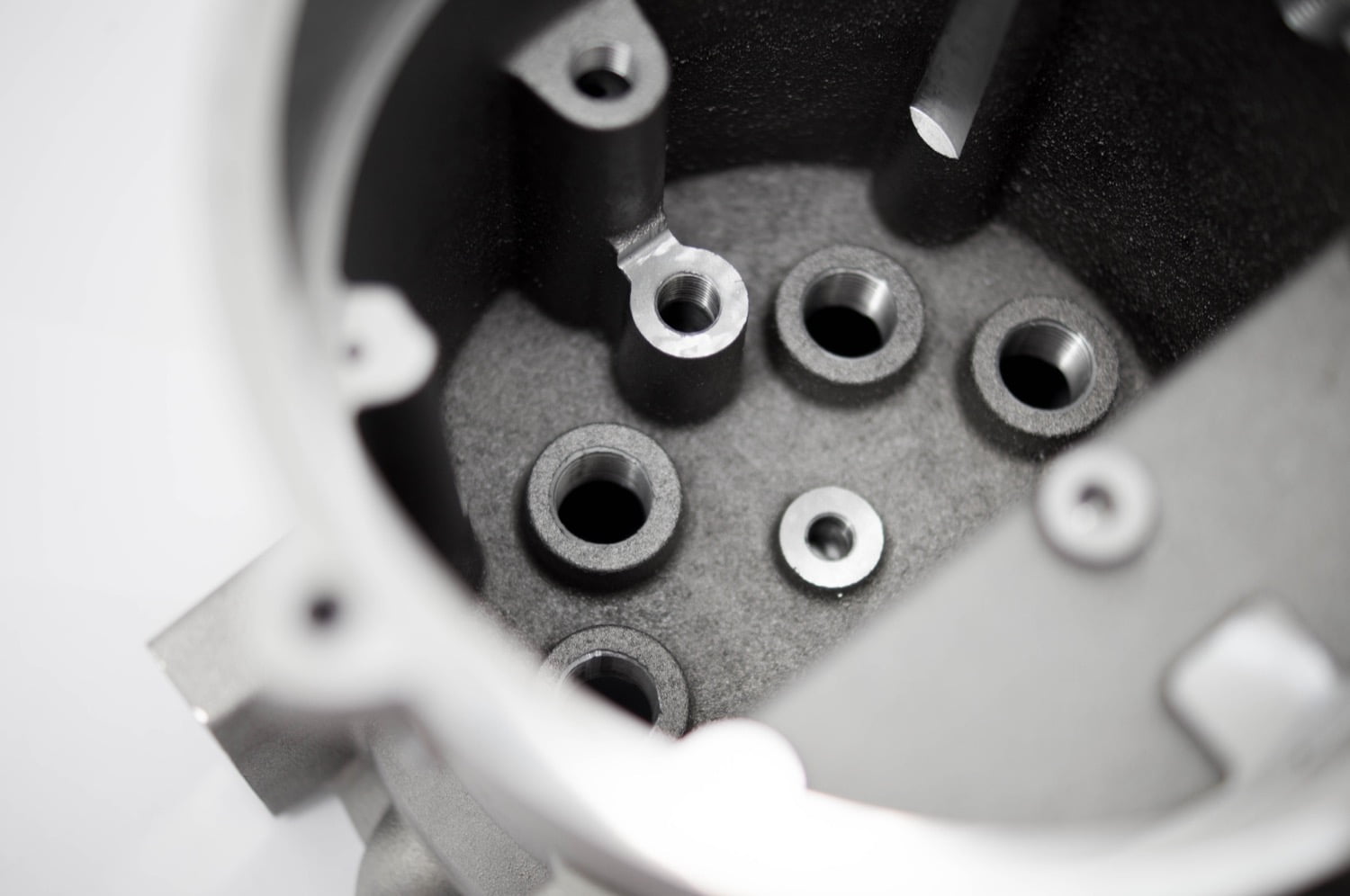Published - 5th Sep 2014

Aluminium castings are finding an ever-increasing range of design applications in a variety of sectors, including the automotive and aerospace industries.
These castings meet the demand from manufacturers for high-integrity, long-lasting and affordable components.
In our last blog, we looked at the process of sand casting – a technique that is used to manufacture 70% of all metal castings.
This time, we are turning our attention to the challenges involved in aluminium sand casting and the potential for porosity – which is a common cause of fatigue.
At Haworth Castings, we use the highly effective technique of Hot Isostatic Pressing – known in the industry as HiP or HiPping – to address this issue.
HiPping involves the application of high temperature and pressure to aluminium sand castings to eliminate the porosity and improve their mechanical properties.
During the HiP process, the castings are placed in a high temperature furnace, which is enclosed in a pressurised containment vessel. The castings are heated in an inert gas, commonly argon. This applies ‘isostatic’ pressure uniformly in all directions. The process eliminates porous elements through a combination of plastic deformation, creep and diffusion bonding.
The HiP process offers a number of benefits for the manufacture of aluminium castings, including:
In recent years, equipment and processing advancements in HiPping have made this a cost-effective way to deliver premium casting quality.
At Haworth Castings, we specialise in fully finished, precision aluminium sand castings to meet the exacting requirements of our customers in the aerospace, automotive, marine, defence and energy sectors.
Using cutting-edge technology and drawing on over 60 years of design expertise, we offer expert knowledge and skills to meet all your casting needs. Contact us today at sales@haworthcastings.co.uk or call +44 (0) 1794 512685 to find out more about our services.
If you have a project, talk to our experienced sales team
Contact us